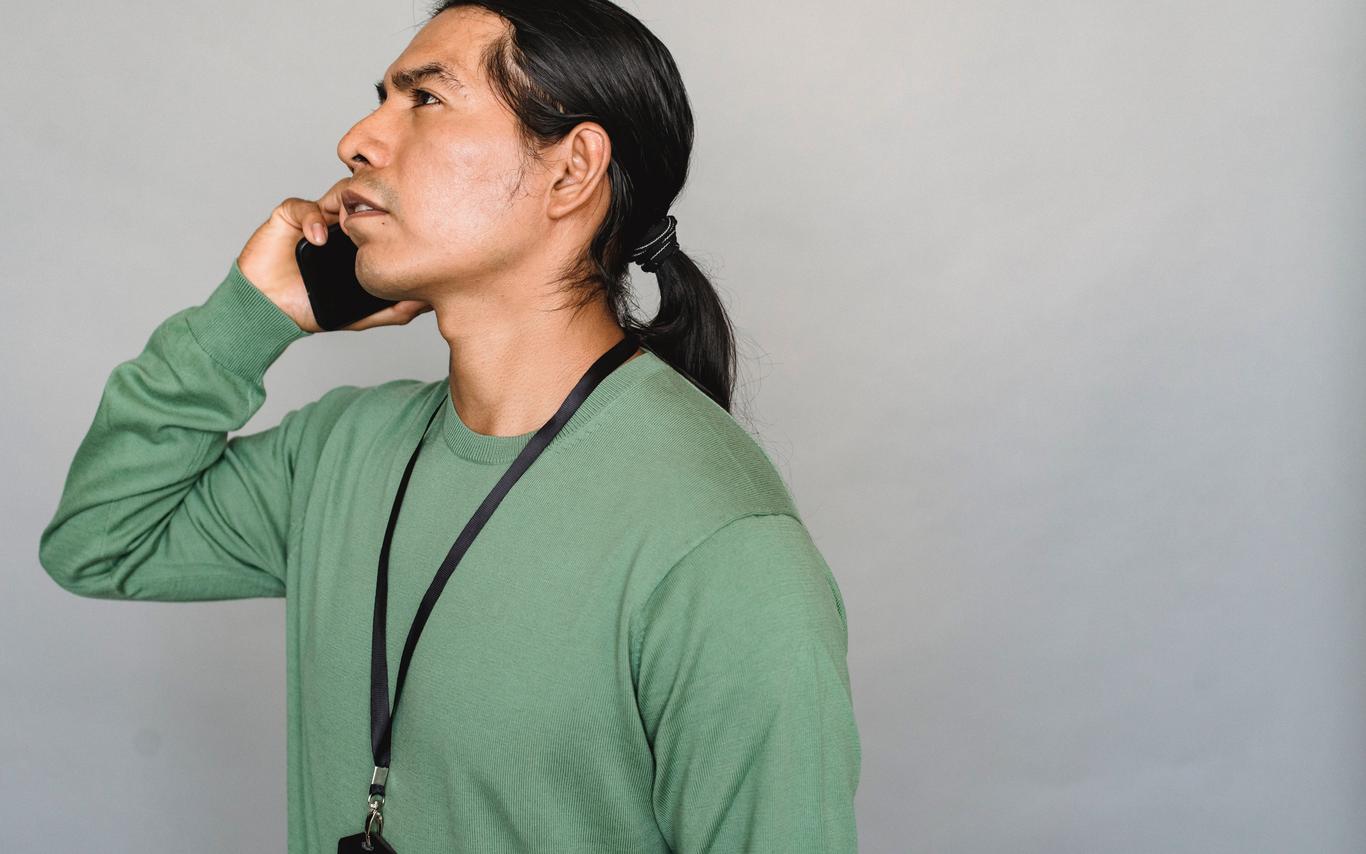Vancouver Island University is situated on the traditional territory of the Coast Salish peoples, and is fortunate to host a large number of Indigenous students. We recognize and celebrate the importance of our Indigenous faculty, staff and students and are committed to providing opportunities for engagement and inclusion in all of our international programming and initiatives.
Engaging in global learning activities and programming is an excellent way to gain new perspectives, and develop unique academic and personal skills. Not only are you progressing in your studies, you are learning outside of the classroom by having the opportunity to expand your circle of belonging and connect with new lands and cultures.
There are some basic things that all students should be considering in their exploration of study abroad- i.e. why participate, which program and destination to choose, and how to fund your study abroad program of choice. However, as an Indigenous student you may have specific questions and concerns about participating in study abroad.
You may also have other personal identities that you are considering while deciding the program that is right for you, such as multi-racial, 2SLGBTQ+, a student with a disability, First-Gen, financial need, and/or a mature student. These intersecting identities make you unique. As a result, your International Mobility experience will also be uniquely yours. We have compiled a list of resources and information to assist you in your exploration for the right International Mobility program. The International Mobility office is here to help you navigate through the process and answer any questions you may have.
Information was resourced and adapted from: Ryerson University - Go Abroad, Geneseo - Study Abroad’s Native American Students Abroad, AllAbroad’s What About Discrimination for Native American Students and Otago Daily Times.
- How is my ethnicity/race perceived in my study abroad destination? What stereotypes exist about Indigenous people in my study abroad destination? How are local Indigenous groups perceived there?
- What kind of groups or organizations exist in my study abroad destination/ institution for my ethnic/racial group? What resources will be available there?
- What are the cultural norms of my study abroad destination country?
- Does my destination country have religious/cultural institutions or practices that they adhere to?
- Am I going to be treated the same way abroad as I am in Canada?
- What is the relationship between my study abroad destination and my home country?
- How will I react if I encounter racism or other discriminatory behavior?
- What are my resources if I experience racial or discriminatory incidents? Does my program/institution have support staff that will understand and help me through any racial or discriminatory incident I may face?
- Will I have access to Elders? To Indigenous health and medicine?
- How comfortable am I reaching out to local Indigenous groups for support?
- Social support in your study abroad destination and at home can help you navigate a new culture that will likely include new racial/ethnic relations. Know who to contact when you feel like you are discriminated against while abroad. Having a support system of family and friends may also help you deal with feelings of isolation and culture shock.
- Knowing the social and historical situation in your study abroad destination can help you prepare for the transition from Canada and back.
- While abroad, others may identify you as Canadian first, as opposed to Indigenous. Others may not be aware of the history of settler colonialism in Canada, or the effects it has to this day on Indigenous nations and communities.
- A strong support system of family and friends at home may also help you deal with any challenges abroad, including feelings of isolation, homesickness and culture shock.
- You may also find it empowering to facilitate conversations about race and ethnicity, however you are participating in a study abroad trip so don’t feel pressured to explain your identity to everyone.
- Do choose activities and opportunities that suit you and that you have identified as safe
- Remember it is not your duty to educate everyone on your identity- enjoy this experience for its education purposes and self-discovery.
- Also remember that discrimination may also lead to violence. Put your safety as a main priority and trust your instincts. Make sure someone always knows where you are, even if it's a trusted friend in your home country that you check in with regularly.
- Reasons to Study Abroad for Native American Students
- What About Discrimination for Native American Students - All Abroad US is a US based organization that aims to help students study abroad. While the article is written for US Native American Students, its message has similar implications for Indigenous students in Canada.
- How to Engage in Challenging Conversations Abroad - An article from Diversity Abroad.
- Increasing Access for Indigenous Students in International Ed - An article by a staff member of CISAbroad, a private organization that helps students study or intern abroad.
- Experience spurred study of own culture - An article about Miranda Livers, a student with Cherokee heritage, who participated in an Indigenous exchange program at the University of Otago, New Zealand.
- Student experiences participating in a Cross-Cultural Indigenous Knowledge Exchange - Through the University of Northern British Columbia (scroll to bottom of page).
- Office of Indigenous Education and Engagement
- Services for Aboriginal Students
- Nanaimo Aboriginal Centre (Urban Indigenous Populations)
